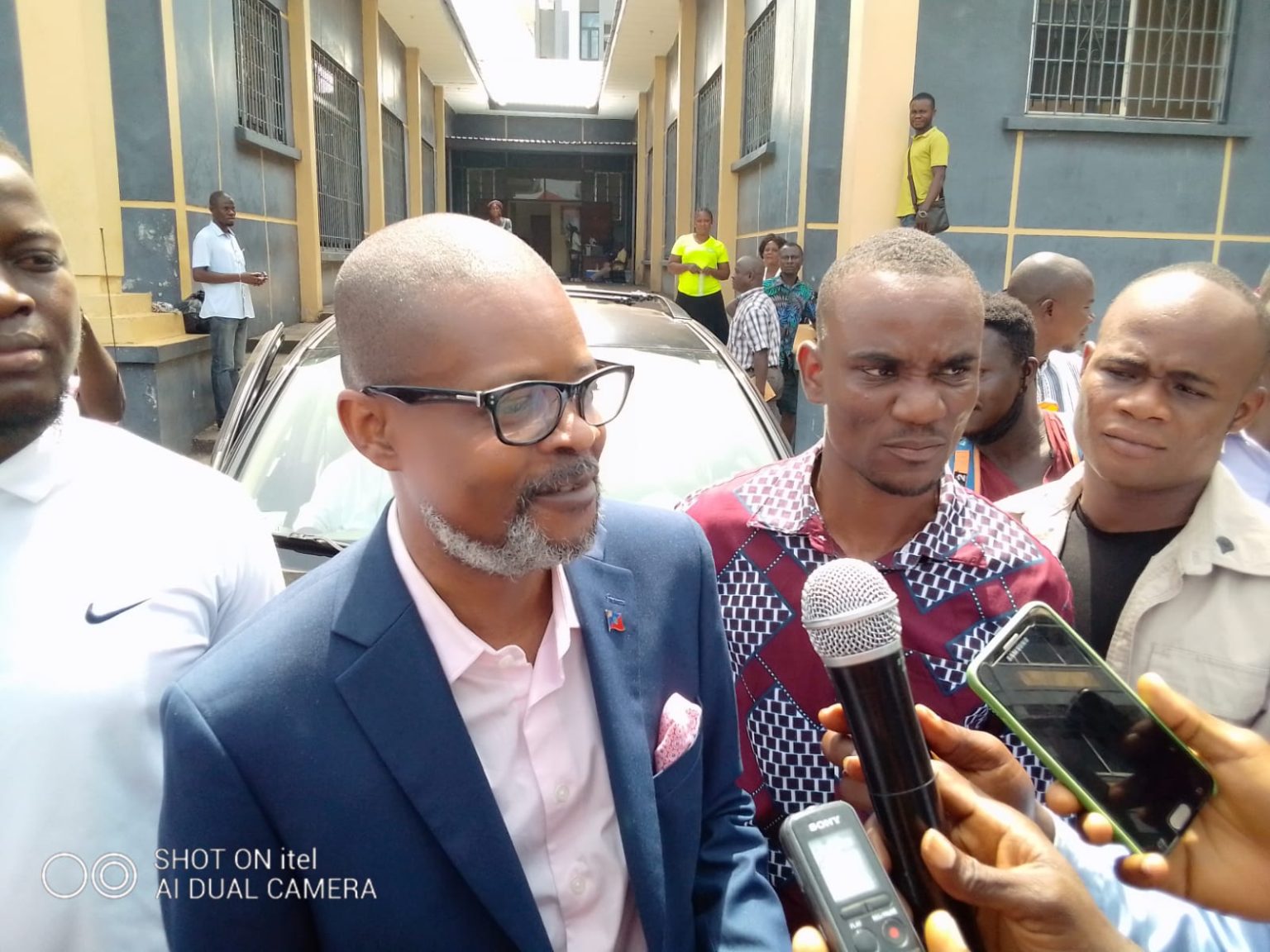Senator Abraham Darius Dillon, the prominent Liberian politician serving as Montserrado County’s Senator and Chair of the Senate Committee on Foreign Affairs, recently addressed the persistent political chatter surrounding the 2029 elections in a widely-discussed podcast. His remarks, delivered via a live broadcast on his official Facebook page, were a pointed response to critics and political opponents who have been issuing veiled threats and warnings about his potential re-election bid. Senator Dillon’s message was clear: he will not be intimidated by attempts to leverage the distant future of the 2029 elections against him. He dismissed these threats as irrelevant, asserting that the ultimate decision regarding electoral outcomes rests not with any individual but with divine providence.
Dillon’s central argument revolved around the futility of fixating on elections years in advance. He stressed the importance of focusing on present-day governance and the pressing issues facing Liberia. He argued that his record as a senator would speak for itself and that his energies were best directed towards fulfilling his current responsibilities, rather than engaging in speculative political maneuvering for an election half a decade away. He ridiculed the notion of being held hostage by threats related to the 2029 vote, suggesting that those preoccupied with such distant events should instead concentrate on the concrete challenges facing the nation today. He even challenged those recording his comments to revisit them in 2029, highlighting the absurdity of such long-term political strategizing.
Further emphasizing his detachment from the typical electoral anxieties that grip politicians, Dillon rejected the idea that his Senate seat was a personal possession to be defended at all costs. He framed his position as one of public service, subject to the will of the Liberian people. He stated that if he chooses to run in 2029, the electorate will have the final say. This stance underscores his commitment to democratic principles and his confidence in the judgment of the voters. He contrasted this perspective with what he perceived as the obsessive focus on the 2029 elections within the opposition ranks, suggesting that their preoccupation with future political battles was distracting them from the vital work of governance in the present.
Dillon also directed his criticism towards the opposition, chiding them for their premature focus on the 2029 elections when they should be concentrating on governing effectively during their current term. He reminded them and the public that they are approaching the midpoint of a six-year mandate and that their attention should be directed towards fulfilling the promises they made to the electorate. He argued that a step-by-step approach to governance, tackling issues year by year, was far more productive than engaging in premature campaigning for a distant election. This, he implied, was a more responsible and effective way to serve the Liberian people.
Underlying Dillon’s message was a profound awareness of life’s inherent uncertainties. He invoked the recent passing of an individual who had been among those warning him about the 2029 elections, highlighting the unpredictability of the future. He emphasized that human beings have no control over events years down the line and that only God knows what the future holds. This perspective informed his call for a greater focus on the present, on using the time available to address current challenges and build a better future for Liberia.
Dillon concluded his remarks by outlining his immediate priorities, which centered on supporting the administration of President Joseph N. Boakai through 2025. He emphasized the importance of the present moment, arguing that the actions taken today would lay the foundation for future outcomes, including the very elections that others were prematurely obsessing over. He called on his colleagues in the Senate to adopt a similar approach, focusing on addressing national issues methodically and diligently. He believed that by concentrating on the task at hand, they could best serve the interests of the Liberian people and create a positive trajectory for the nation’s future. His message resonated with a call for pragmatic action and responsible governance over speculative political maneuvering. His direct address, delivered through the accessible platform of a live podcast, ensured that his message reached a wide audience, further amplifying its impact within the Liberian political landscape.
In essence, Senator Dillon’s podcast appearance constituted a powerful statement against the politicization of the distant future and a call for a more grounded, present-focused approach to governance. He challenged the prevailing political discourse by emphasizing the importance of addressing current issues, fulfilling present responsibilities, and trusting in the democratic process. His remarks sparked a vigorous debate, capturing the attention of both supporters and detractors, and highlighting the complexities of navigating the political landscape in Liberia. His unwavering focus on the present and his dismissal of premature electioneering served as a stark reminder of the importance of responsible governance and the need to prioritize the immediate needs of the nation.














